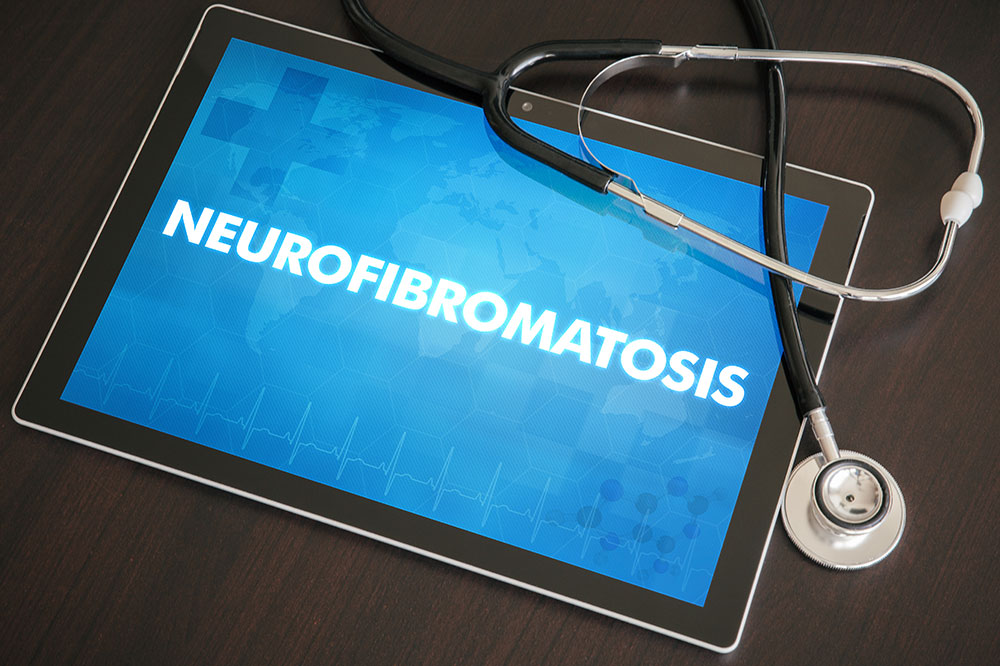Comprehensive Guide to Managing and Relieving Nerve Pain
This comprehensive guide explores nerve pain, its causes, symptoms, diagnosis, and a variety of treatment options. It highlights the importance of personalized, multidisciplinary approaches, including medications, therapies, lifestyle changes, and surgical options, to effectively manage neuropathic pain and improve quality of life.

Nerve pain affects approximately 7% to 10% of individuals nationwide. Also called neuropathic pain, it varies greatly from person to person. Several treatment options exist based on accurate diagnosis.
Understanding Nerve Pain
The nervous system is responsible for sensing sensations like touch, temperature, pressure, pleasure, and pain. Damage to nerves, due to injury or illness, can cause misleading signals to the brain and spinal cord, resulting in discomfort or abnormal sensations.
Types of Neuropathy
Different forms of nerve pain include:
Trigeminal Neuralgia
Characterized by sudden, severe facial pain caused by damage to the trigeminal nerve, responsible for facial sensation and chewing.
Phantom Limb Pain
Individuals perceive pain in an absent or amputated limb.
Herpes Zoster Pain
Following shingles outbreaks, pain can persist for months or years.
Symptoms of Nerve Pain
People often describe sensations like stabbing, shooting, burning, or crawling feelings. Others report tingling, numbness, or electric shocks. Sensitive to cold, heat, and touch, even light brushing can trigger intense discomfort, especially at night. Mood disturbances such as anxiety and depression are common. Women over 50 are more frequently affected. In some cases, nerve damage results in no pain sensation despite injuries, as seen in diabetic neuropathy or vitamin deficiencies.
Nerve pain diagnosis involves physical exams, medical history, and tests like blood work, MRI, nerve conduction studies, or biopsies. Causes include nerve injuries, compression, infections like HIV, autoimmune conditions, tumors, or toxic exposures. Rarely, inherited nerve disorders play a role.
Damage to sensory nerves impairs the perception of touch, temperature, or pain, leading to neuropathy. Treatment targets the cause and includes medications, therapy, and sometimes surgical interventions. Personal pain responses vary, and psychological factors influence pain perception.
Management strategies incorporate medications such as NSAIDs, topical agents, antidepressants, anticonvulsants, and opioids with caution. Addressing underlying conditions like diabetes or deficiencies can alleviate symptoms. Psychotherapy, relaxation techniques, TENS therapy, acupuncture, and natural remedies offer additional relief. Lifestyle factors, such as diet, exercise, and sleep, are vital for reducing pain. In severe cases, invasive procedures might be necessary.
Consult healthcare professionals to create a personalized pain management plan. A multidisciplinary approach optimizes the quality of life for those suffering from nerve pain.










